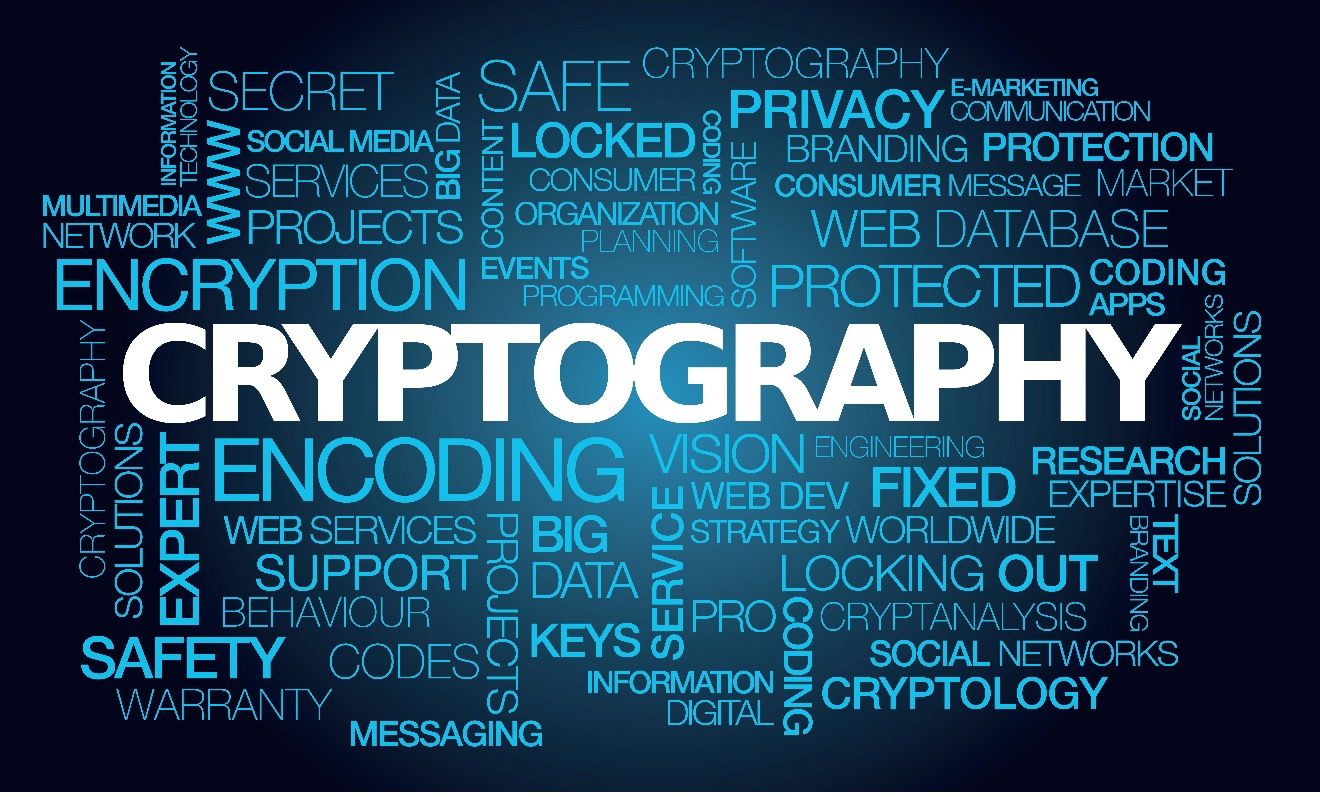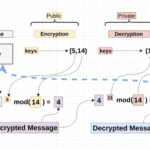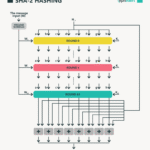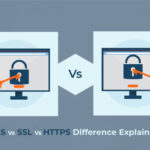In the realm of cryptography, mathematics is often viewed as the sine qua non of success. This prevailing belief raises a tantalizing question: If one finds themselves grappling with numbers, can they still aspire to be an exceptional cryptographer? The assumption that proficient mathematical skills are an indispensable component of effective cryptography can be misleading and overly simplistic. While numerical prowess is beneficial, it is not the sole determinant of success in the field.
The landscape of cryptography is vast and varied, stretching from the foundational principles of information security to the intricacies of algorithm design. Thus, it’s crucial to delineate the multifaceted nature of cryptography. At its core, cryptography involves more than just calculations; it encompasses theories, methodologies, and the application of logic. A cryptographer’s role is not merely to crunch numbers but to craft secure communication constructs that protect data integrity and confidentiality against nefarious intrusions.
With this understanding, one must consider the principal components of cryptography. Cryptographic protocols, key distribution processes, and algorithm development are all pivotal areas. These domains demand a holistic approach, integrating various skills and knowledge bases. It becomes evident that while mathematical knowledge—particularly in abstract algebra, number theory, and combinatorics—can indeed enhance a cryptographer’s toolbox, it is not the exclusive passport to entry into the field.
The playful notion of being “bad at math” prompts us to examine the aptitude for abstract thinking, logical reasoning, and problem-solving as equally important competencies. Effective cryptography also hinges on creativity and innovation. Many successful cryptographers possess a flair for designing novel approaches to encrypt data, evade attacks, and anticipate security vulnerabilities. This creativity flourishes in those who may not excel at traditional mathematics but possess a strong capability for conceptual thought and analytical reasoning.
Additionally, communication abilities play a formidable role in making a successful cryptographer. Crafting protocols requires collaboration and dissemination of complex ideas to non-technical audiences. Clarity of explanation can often carry more weight than numeric competency. A cryptographer must articulate their thoughts cogently, engaging with both technical and non-technical stakeholders. Thus, one might argue that excellence in cryptography demands a repertoire that extends beyond the numerical to encompass linguistic dexterity.
Furthermore, the emergence of computational tools and software has revolutionized the cryptographic landscape. Modern cryptographers utilize sophisticated software programs and algorithms capable of performing complex calculations, thus alleviating much of the burden of manual computation. A cryptographer who may struggle with arithmetic could leverage these powerful resources to enhance their work. Understanding how to wield these tools, learning to interpret results, and evaluating their validity are skills that may counterbalance traditional mathematical challenges.
Nevertheless, it is prudent to acknowledge that the foundational mathematical concepts which underlie cryptographic methodologies remain significant. A fundamental understanding of algorithms and data structures is vital for anyone looking to thrive in this discipline. For individuals who perceive their mathematical skills as a barrier, pursuing educational opportunities is an effective strategy. Engaging with foundational courses in mathematics, computer science, or even online platforms can foster the skills necessary for cryptographic work.
In parallel, mentorship and collaborative learning provide vital frameworks for aspiring cryptographers who may lack confidence in their numerical abilities. Working alongside experienced professionals allows for the exchange of ideas and practical insights that can prove invaluable. Moreover, many cryptography-related projects are collaborative endeavors, emphasizing the synthesis of diverse skill sets to achieve a common goal. Aiding and learning from peers enhances learning curves, allowing one to grow in areas where they may have initially struggled.
Importantly, the challenge of facing limitations, including perceived inadequacies in mathematics, may serve as a catalyst for personal growth. Overcoming hurdles often fosters resilience, motivation, and the perseverance needed to excel in complex fields. Acknowledging weaknesses should not elicit despair; instead, it can motivate individuals to seek new knowledge and untapped skills, enriching their cryptographic pursuits.
Ultimately, the question remains: Can someone who is “bad at math” become a great cryptographer? Indubitably, yes. The tenets of cryptography extend far beyond mere numerical dexterity. Highlighting the importance of creativity, communication, collaboration, and a willingness to learn showcases a more inclusive view of what it means to be a successful cryptographer. Those who approach the field with passion, curiosity, and a commitment to ongoing development possess the requisite qualities that define greatness—a spirit that surpasses the confines of mathematical ability.
Thus, aspiring cryptographers need to cultivate a balanced skill set, emphasizing both traditional aptitudes and innovative thinking. As the field continues to evolve, it creates opportunities for diverse talents to contribute meaningfully. Engaging with cryptography extends an invitation to individuals from all backgrounds, inviting them to embark on a journey where passion and determination can ultimately lead to exceptional accomplishments. In this evolving, complex environment, the true measure of a cryptographer’s excellence cannot be simplified to their numerical proficiency but instead should encompass their ability to amalgamate various skills and insights for the greater good of information security.









Leave a Comment